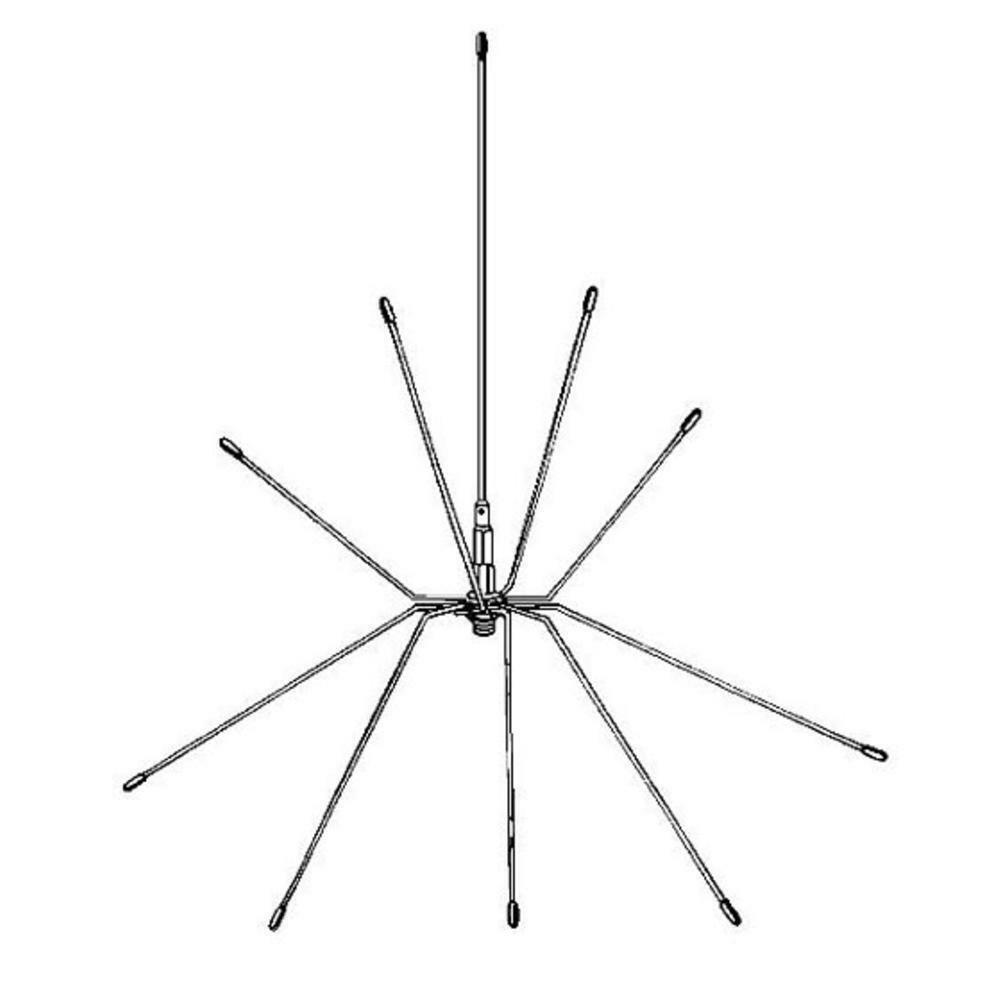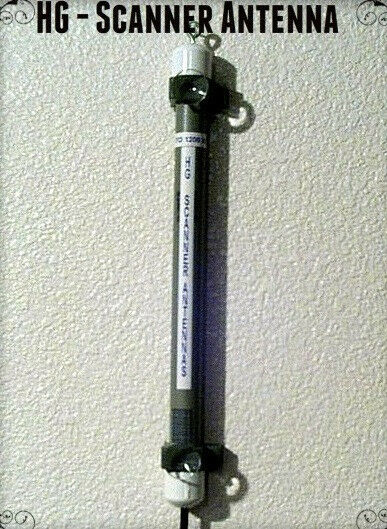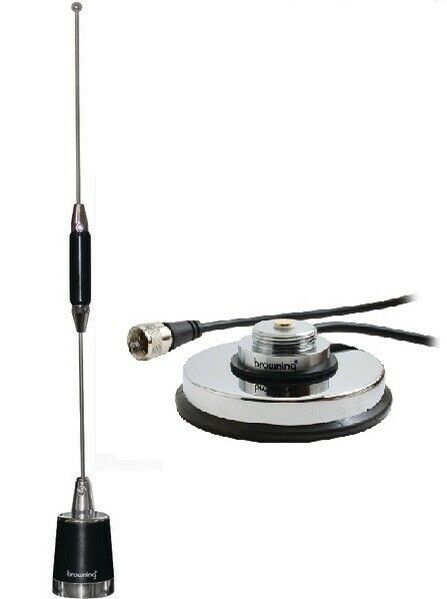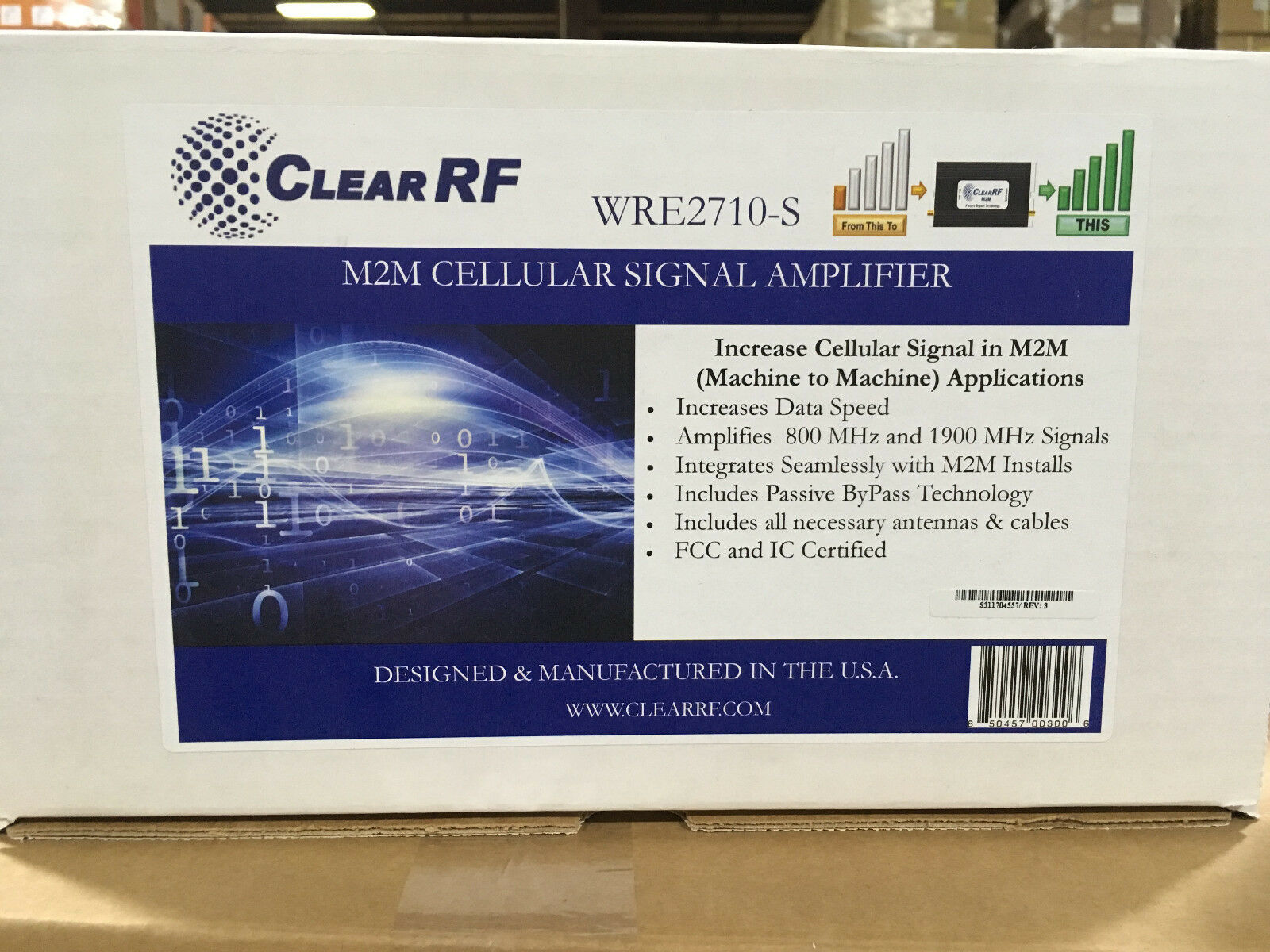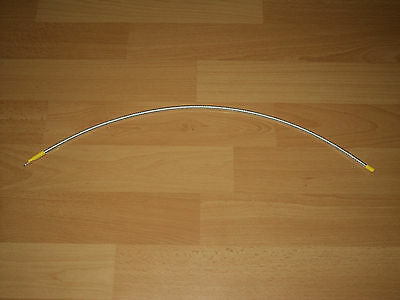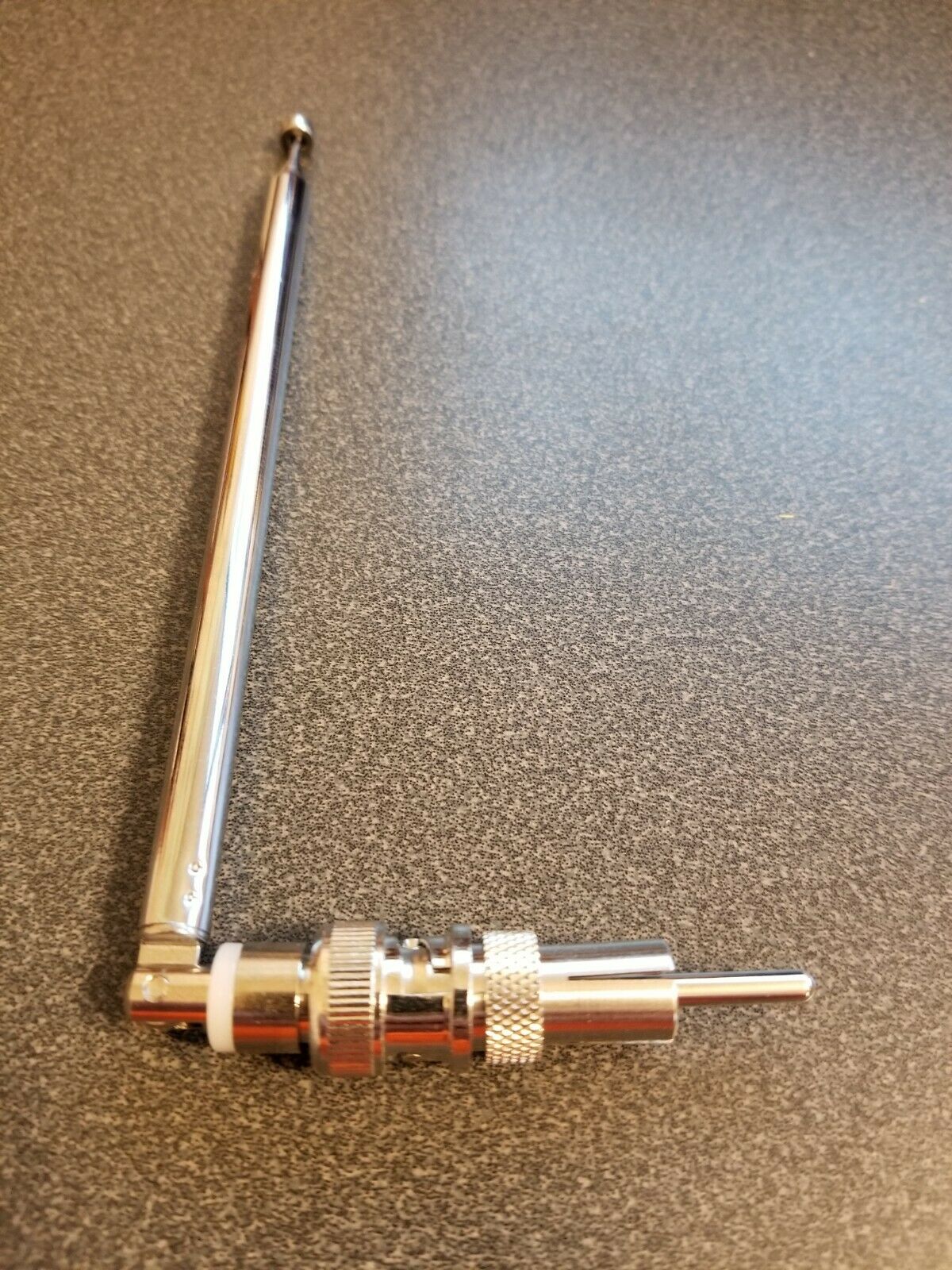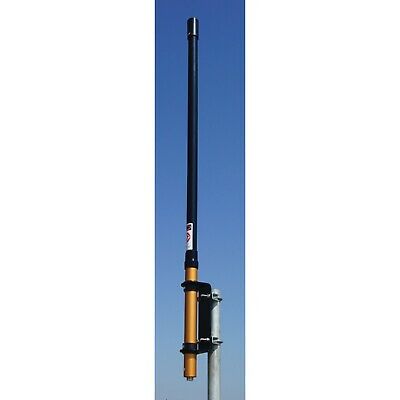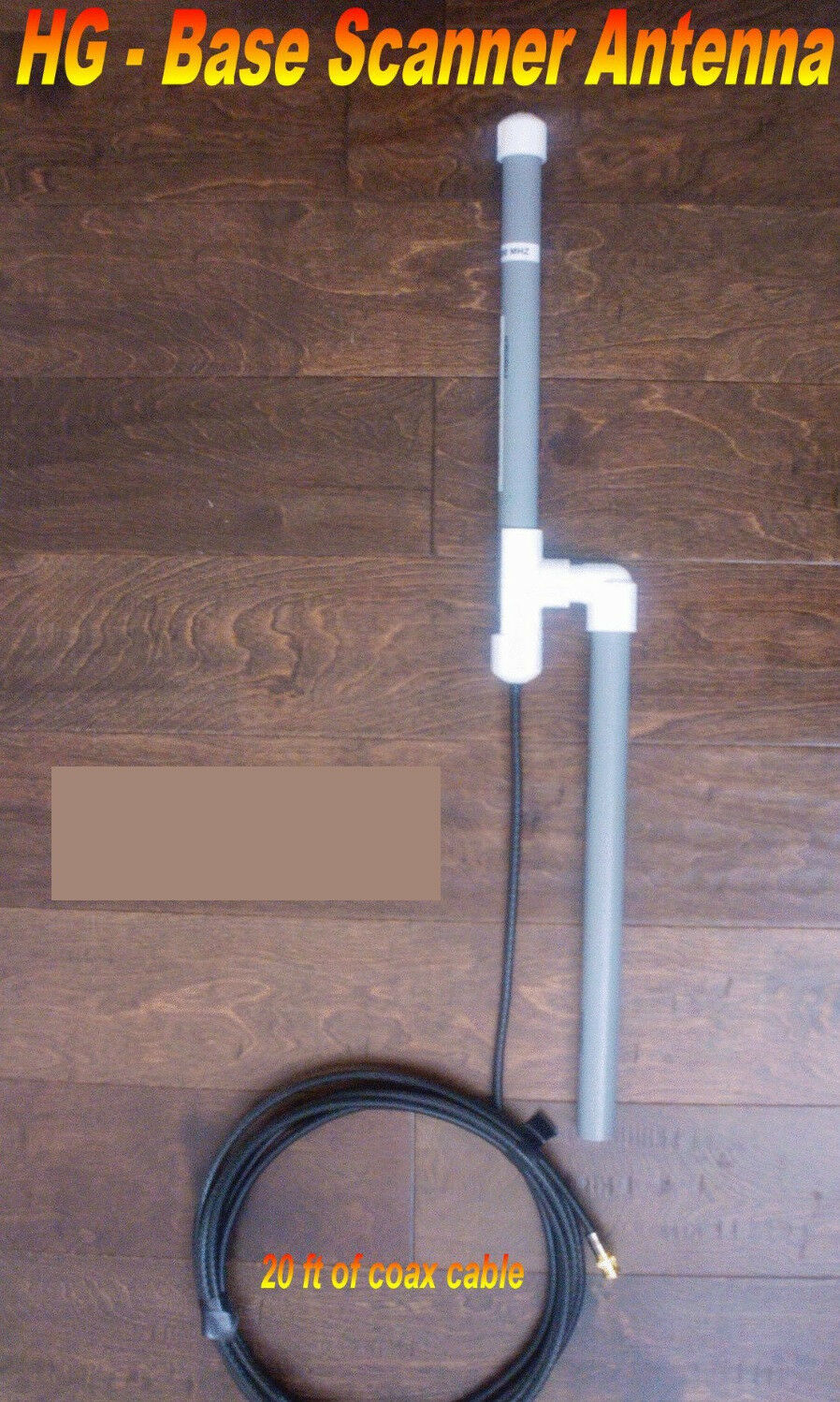-40%
Resonant Fuchs antenna Tuner QRP, Blue edition
$ 28.37
- Description
- Size Guide
Description
Resonant Fuchs antenna Tuner consists of 1 piece assembled Tuner as shown on images. Enclosure is CNC cut and engraved from copper clad laminate that is electrically connected inside so that virtually no interference can interfere with tuner components.No soldering or assembling required.
To use it you connect half wave length
long piece of wire to red socket.
This Tuner will work on 40, 30 and 20m bands with
half wave length
long piece of wire.
No counterpoise needed
. This tuner is QRP version, max 10W RF allowed.
Ideal for SOTA operators.
Each Tuner comes with it's measurements
performed on Mini VNA as seen on images.
Description of Resonant Fuchs antenna
The Fuchs antenna has been known for many years. It has been mentioned in the literature [1] and can be seen in Fig. 1.
Figure 1: Fuchs antenna
It's in the shape of an inverted L, the length of the radiating element is
half wave length
long
and it is fed through a resonant circuit. The resonant circuit should have high Q, which especially impacts the coil selected. The higher the Q, the higher the efficiency of the antenna.
The Fuchs antenna has not been used much mostly due to the fact that it has very narrow bandwidth and needs to retuned every few kHz, something most ham operators do not like. But this is actually
the advantage
of the Fuchs antenna, because when tuning the antenna, the operator can hear an increase in signal volume and must not make a SWR measurement. A narrowly tuned antenna also functions as a preselector.
Another good feature of the Fuchs antenna is that it is easily pulled across trees and its performance does not vary much with respect to distance above ground in contrast to dipole or inverted V antennas which are commonly in use by SOTA operators.
Further, it has reception 1 to 2 S units better
on DX
than a dipole with less received noise.
Today's commonly known End fed antennas that are advertised and sold around the world are implemented with one wideband transformer, which does work. However, due to their design, those antennas do not have all the advantages (narrow bandwidth and High Q) of the Fuchs antenna.
After several years of testing the Fuchs antenna on base and portable stations, we believe we have found the ultimate portable antenna that works great, is easy to install and the distance from ground does not have huge impact.
With a help of QRP ATU a single
half wave length
long
wire becomes a very effective portable antenna.
Check Test Report of 7 antennas, among them was also our Fuchstantenne. According to this test only Fuchsantenne made a QSO longer than 2000 km. Link to this test is here: //reflector.sota.org.uk/t/seven-sota-antennas-compared-using-wspr-on-a-summit/15635
Images on this web page show that Fuchsantenne got largest No. of Reports and has achieved
longest
distance of QSO: //neon1.net/sota/wsprviz2/?p=20170702_gurten_40m
Antenna on test with Fuchs Resonant Antenna Tuner is antenna marked as "G".
Final thoughts
The Fuchs antenna has many great features:
1. Due to a high-Q LC circuit, the Fuchs antenna is optimally tuned to 50 Ohms coax and hence has high efficiency
2. Since it is end fed, its installation for portable operation is easy, only a single wire must be installed over a tree in the shape of an inverted L or inverted V
3. Quick "tuning by ear" makes portable operation easy and quick
4. Its inverted L or V installation is impacted very little by height above ground
5. It features a signal 1 to 2 S units better than a dipole and 2 to 3 S units over 1/4 wave vertical antenna.
6. Easy upgrade to other bands with plug-in sockets
7. Low price
References:
[1] Antennenbuch, Karl Rothammel DM2ABK, Januar 1969
AA5TB web page





